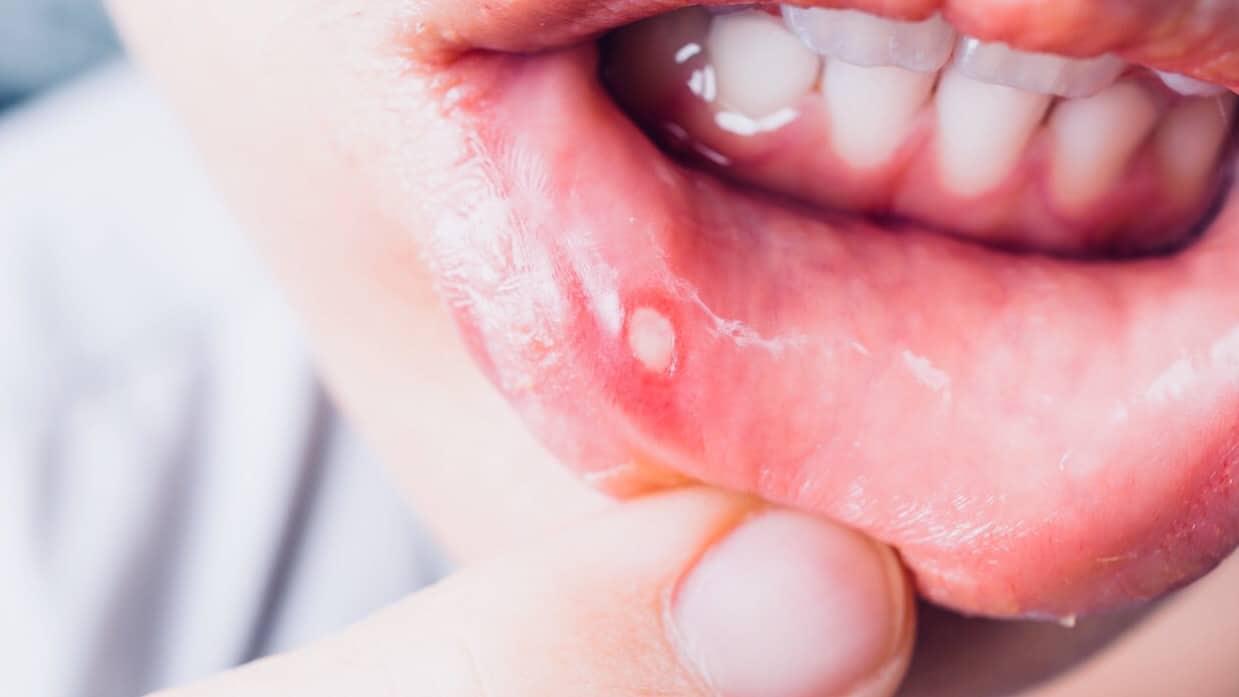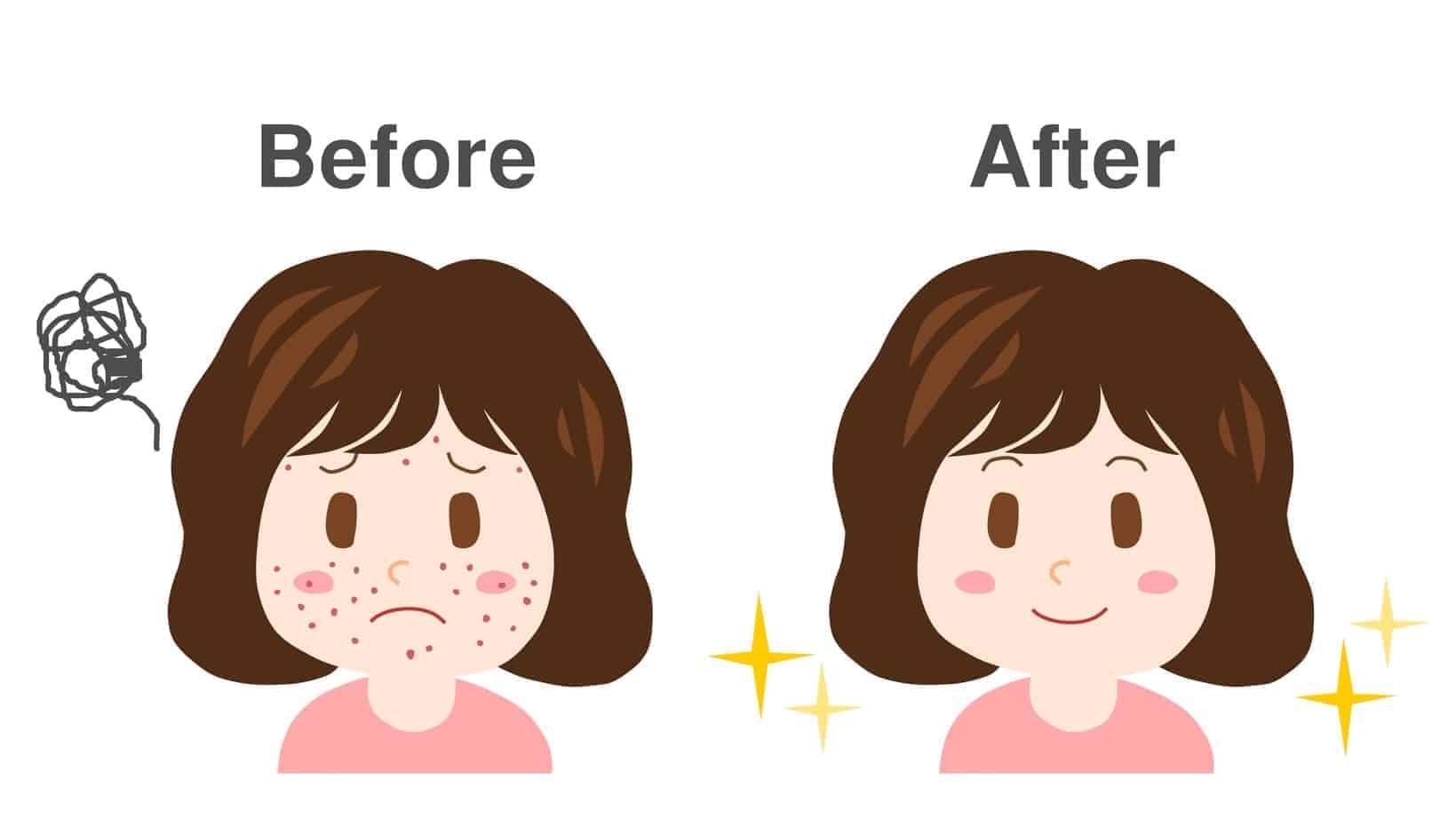They say that eyes are the window to the soul – but what about the face? According to WebMD, our face can reveal quite a bit about what’s going on under the surface.
Let’s take a look at what your face may reveal about your health:
Yellow Skin and Eyes
Yellowing of the skin and eyes occurs when there is a buildup of waste product in your body. This is caused by the separation of red blood cell components called bilirubin. The condition, known as jaundice, is quite common – and usually harmless – in newborn babies. In adults, however, jaundice may indicate a serious underlying condition such as alcohol abuse, problems with your liver and gallbladder, or a viral infection.
Cold Sores
Sores may break out when you’re in emotional distress. Sores that surface around your lips and mouth may be cold sores, caused by the type 1 herpes virus. (Contrary to popular belief, most people who contract herpes 1 virus are infected from transmission of saliva, not from sexual contact.)
In most cases, cold sores go away on their own, but it is advisable to see a doctor in the event of worsening symptoms or more frequent outbreaks.
Butterfly Rash
The term butterfly rash refers to a condition in which there is the presence of ubiquitous redness, usually stretching from the top of the forehead down to the neck. While these rashes may go away on their own, they may also be a sign of lupus. This disease compromises the immune system, which attacks the person’s organs and body tissue.
Cracked Lips
Cracked and dry lips affect pretty much everybody, especially during the wintertime. While usually not a big deal, lips that dry or crack frequently may be a sign of a potential health issue, such as an allergic reaction, side effects from medications, or dehydration. In such cases, it is a wise idea to seek the advice of a doctor.
Sagging Eyelid
Called ptosis, this condition can occur in one or both eyelids. Ptosis is typically genetic and not dangerous. However, this state may disturb your vision and, in rare instances, indicate health problems with the brain, eye socket, and nerves. If eyelid sagging is relatively recent – within hours or days – see a doctor.
If your condition comes with other symptoms such as a headache, muscle weakness, or trouble swallowing, call 9-1-1. They may be signs of a stroke.
Yellow Spots on Eyelids
Raised yellow bumps that appear on and around your eyelids result when there is a buildup of cholesterol underneath the skin’s surface. While unsightly, these bumps are not typically dangerous and can usually be removed. However, the condition – known as xanthelasmata – may be a sign that you have a higher risk of developing heart disease. As a precautionary measure, you may want to schedule a physical exam.
Inflammation of the Chin and Mouth
Persistent inflammation around the chin and mouth may indicate problems with either the gastrointestinal or urinary tract. Concerning the former, a poor diet (e.g. processed foods) may exacerbate the condition. Swelling and irritation around the chin area may be the result of a urinary tract problem, metabolic dysfunction, or PMS symptoms. Eating a healthy, well-balanced diet and reducing exposure to stress may help regulate the condition.
Patches of Hair Loss
If you lose hair in quarter-sized patches, it may indicate a condition called alopecia areata – an autoimmune disorder that results in erratic hair loss. For most people, the frequency of hair loss is nothing more than a few patches, though in rare cases it can be more severe. The condition typically affects individuals before the age of 30. Medication does exist that may help stimulate hair growth if the issue becomes widespread.
Irregular Moles
The vast majority of moles – dark growths on the skin’s surface – are merely cosmetic blemishes. In rare instances, however, they may be indicative of potential skin cancer. When in doubt, remember the ABCDEs of moles. If you answer ‘yes’ to any of the following questions, see a doctor:
- Asymmetrical: does the shape appear lopsided?
- Border: is the edge jagged or irregular?
- Color: is it patchy?
- Diameter: is it larger than the size of a pea?
- Evolving: has the appearance changed within the past few weeks?
Final Thoughts
Here are a few recommendations for taking care of your skin:
- Wash your face with warm water at least twice each day.
- When you plan to go outdoors, apply sunscreen of at least a 15 SPF (blocks both UVA and UVB rays.)
- Eat plenty of fruits, greens, protein, and vitamins
- Limit sugar intake.
- Make sure to get regular exercise.
- Try to sleep a minimum of seven hours every night. (Many people need eight hours to feel fully refreshed.)
- Drink at least 64 ounces of water throughout the day.
- Stay out of the sun when UV levels are high.
- Take time for yourself and avoid stress whenever possible.


















